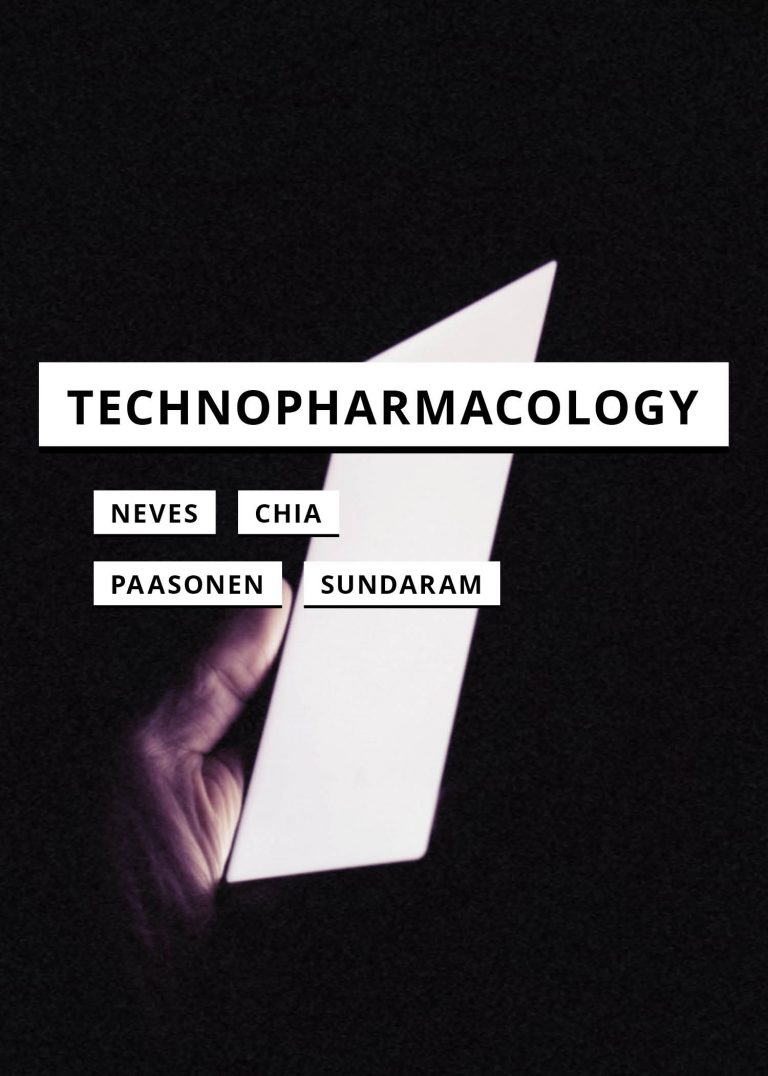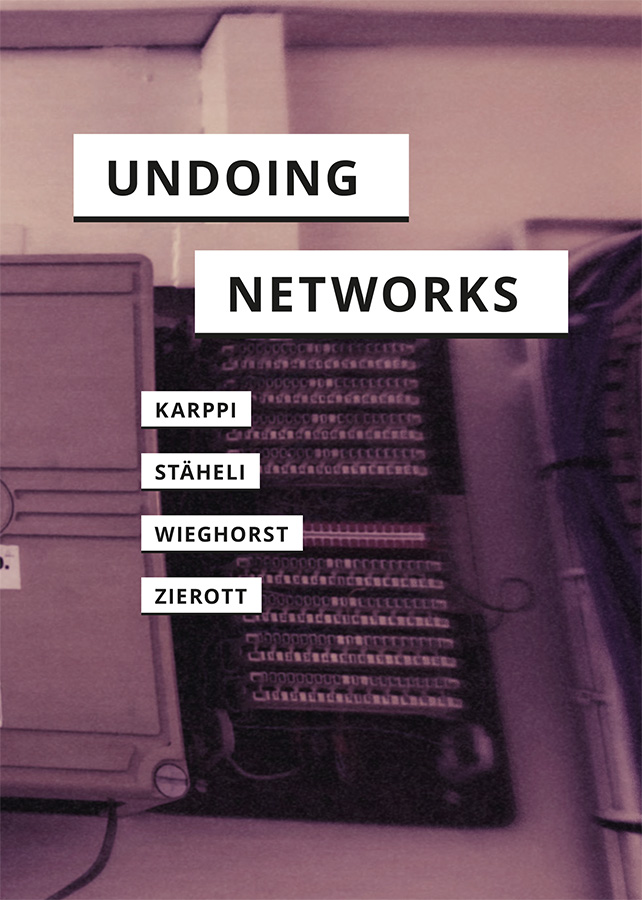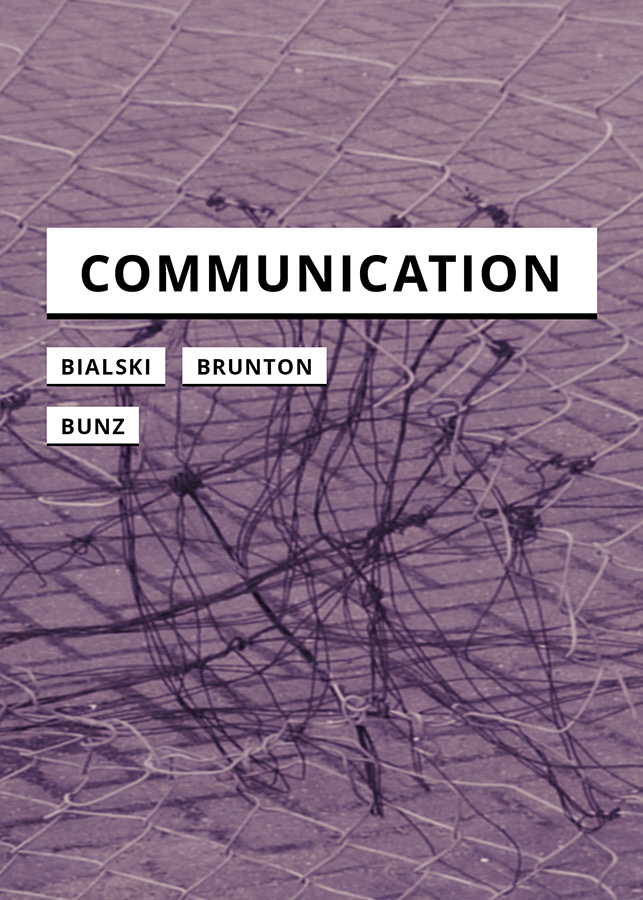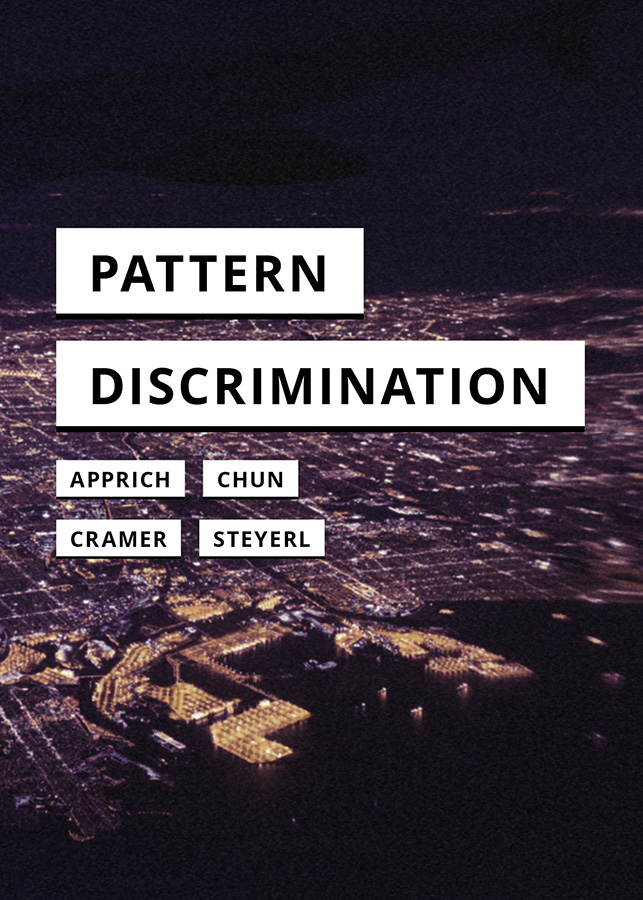Really Fake
With anchors in feminist theory, queer discourse, and digital politics, Really Fake rescues “fakeness” from the morass of “fake news” and rejuvenates “fake” as a material and tactical reality. This book treats fakeness as a media object itself: “Fakes” are things that travel and circulate through our bodies, sociality, and the technologies that envelop them. Punctuated with anecdotes, experiences, poetry, stories, and a strong feminist ethic and ethos of care, intimacy, and collectivity, Really Fake offers a series of entry points into reframing the debates of fakeness beyond polarized positions of performative outrage.



















